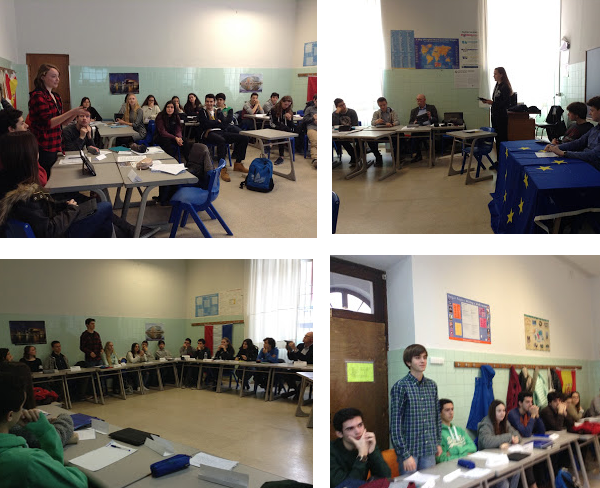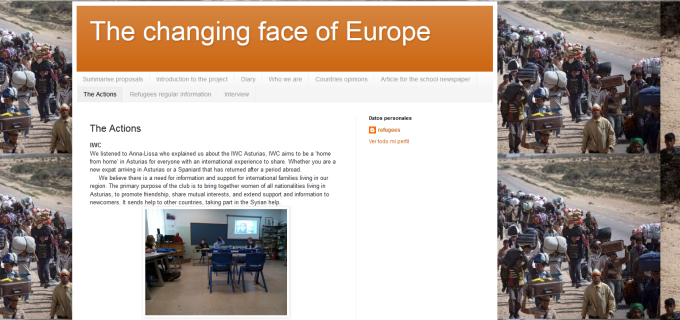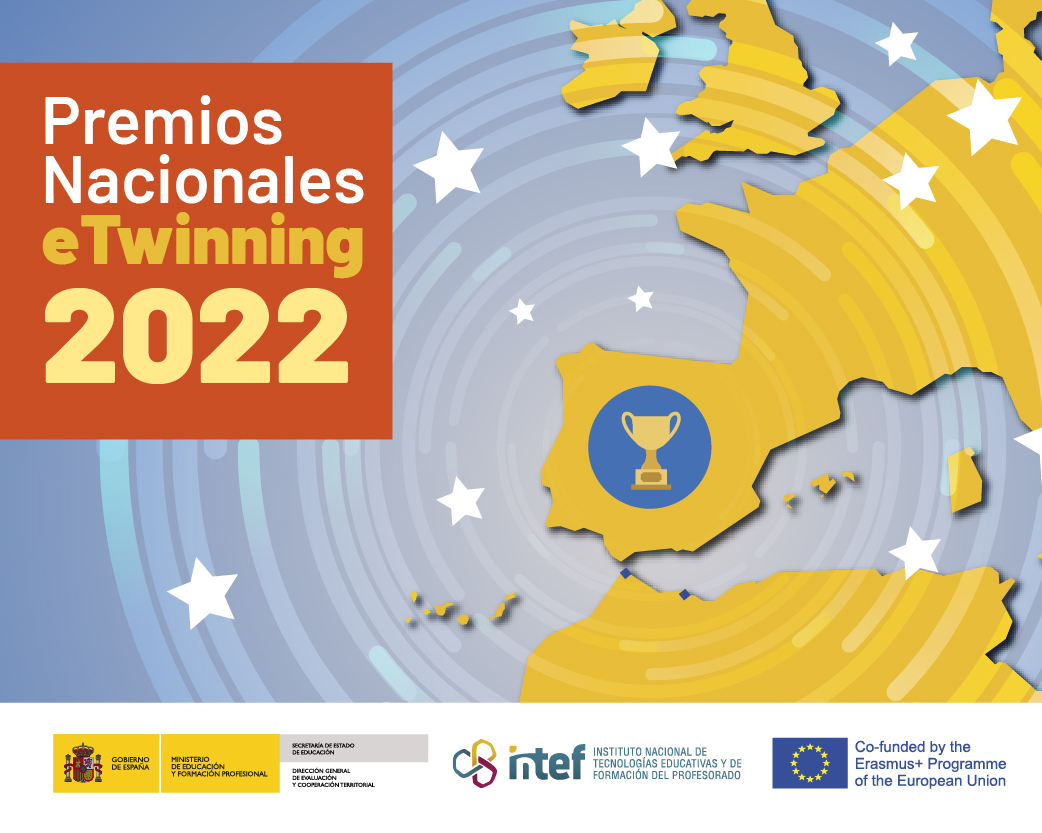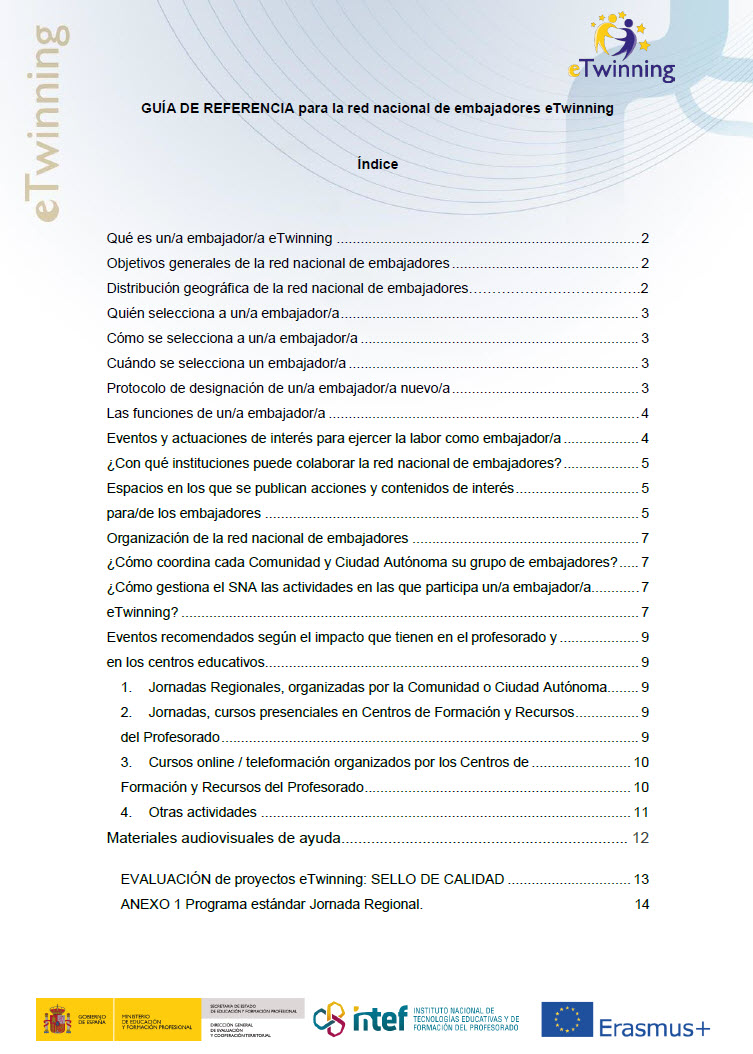Today, 9 May, we’re celebrating the eTwinning day dedicated to ‘celebrating diversity’ and we thought it would be very appropriate to introduce this ‘WE ARE MAD’ (Making a Difference) eTwinning project carried out by three partner schools in Spain, the Netherlands and Norway on a current news topic, the refugees in Europe.
The Spanish project coordinator, María Begoña Rey Fernández, from the Colegio de La Inmaculada Concepción School (Gijón), tells us about her experience and that of her students in the implementation of this project:
The Colegio de la Inmaculada Concepción in Gijón is participating alongside the Jacob van Liesveldt Hellevoetsluis School in the Netherlands (http://jl.penta.nl/) and the Nesset Ungdomsskole School in Levanger, Norway (http://www.levanger.kommune.no/Tjenester-a-a/) in a project within the eTwinning platform with high school students.
The project title is WE ARE MAD (Making A Difference), in which the aim is for students to reflect on current issues in Europe and try to seek a solution.
As part of this they’ve been working on the refugees subject under the title of The changing face of Europe
At their schools they’ve discovered what the reality is in many countries of the European Union, the situation of refugees arriving and the policies they have for them.
From 13-17 March a group of five Dutch students and two teachers were at the Colegio de La Inmaculada Concepción to check the discoveries and possible solutions to the problem, and the reasons for these.
They worked in groups and discussed things United Nations style, having also discovered several organizations that are doing things in Gijón to assist in this. Finally, they signed the proposals they agreed. They are creating a blog to collect everything worked on and to share it with more people. http://thechangingfaceeurope.blogspot.com.es/
Similarly, there will be another meeting at the school in Norway to perform the same pooling, which will also be attended by Dutch school students. The project languages are Dutch, Norwegian, German, Spanish and English and a manifesto will be created with all the proposals that have been discussed to solve this problem we currently have in Europe. The language of communication is English.
In Gijón, the experience has been very positive and students have discovered a very remote reality that should be very close to them.
Image source: Photocomposition from image designed by Freepik.com




